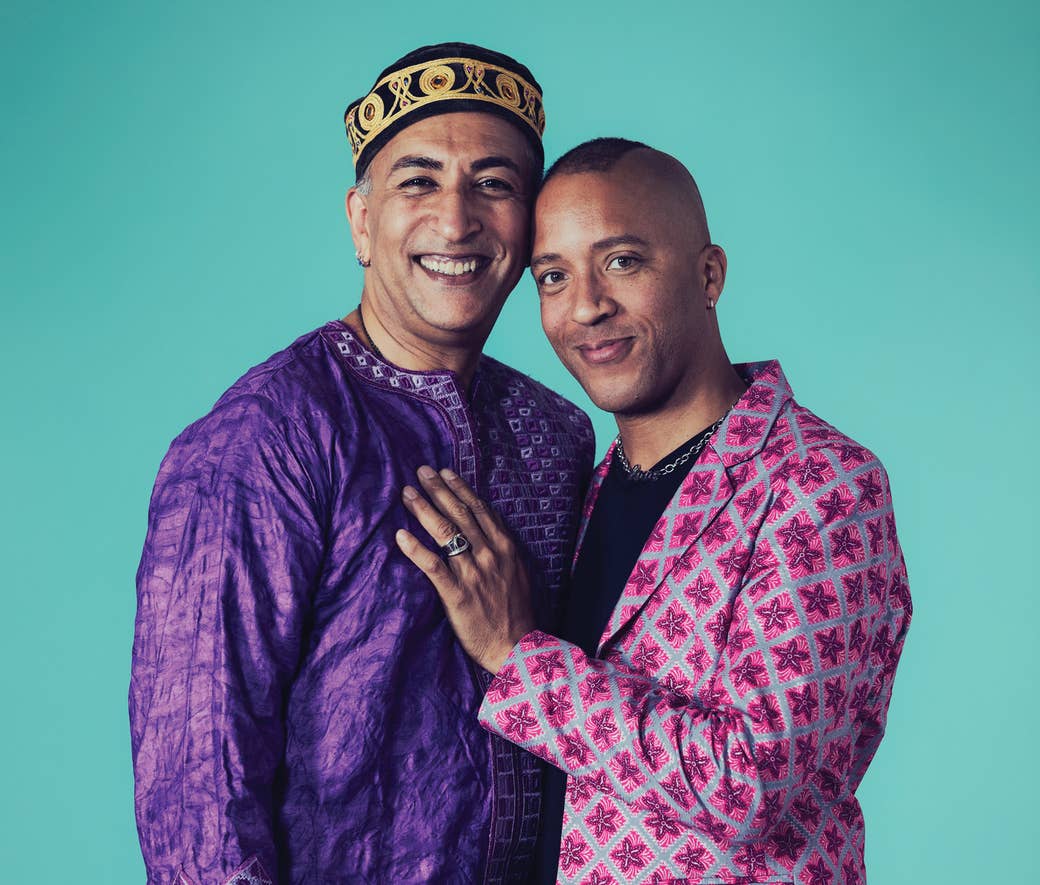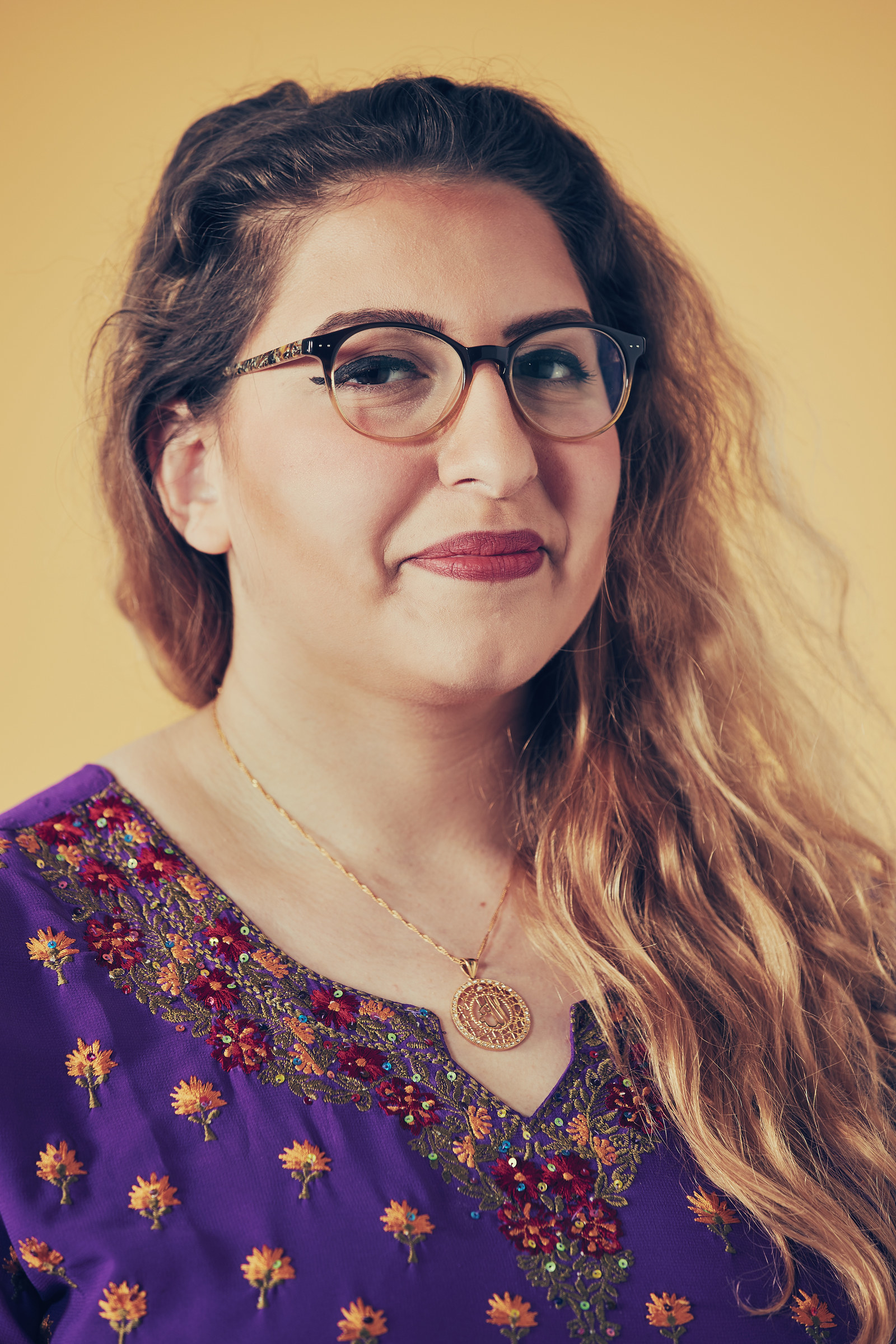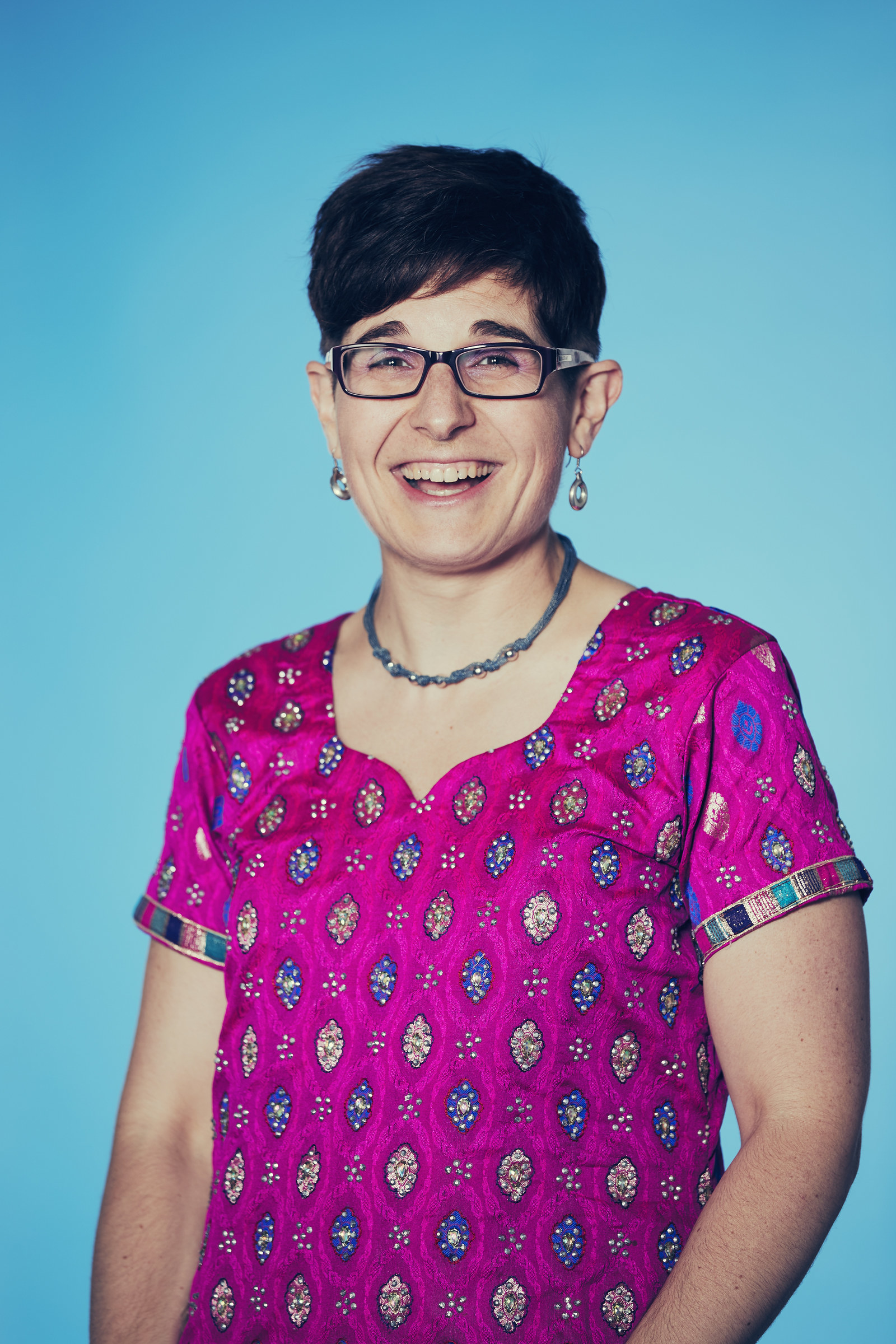
Nestled in the heart of downtown Toronto, hidden in plain sight, is the Unity Mosque. Thousands of people walk by its doors on any given day, but few pay attention to the nondescript building. For the few that know, however, the Unity Mosque is a glowing sanctuary, difficult to miss, and often sought. That’s because every Friday afternoon its congregants come together for a service some queer Muslims around the world can't believe exists.
Your Islam is your Islam. It doesn’t have to be prescribed. You follow this path in whatever way you feel comfortable.
Queer refugee lawyer El-Farouk Khaki co-founded the Unity Mosque in 2009 because, “I [could] tell you about how beautiful I think Islam is, but I [couldn’t] show you.” He wanted to establish a safe space for queer Muslims, many of whom feel obliged to hide their identities when entering mosques or avoid them entirely. Khaki keeps the mosque’s location secret, and vets anyone who wants to attend, because congregants “should be free to come into our space, and no one should be in that space that will tell them that they’re disgusting or immoral.”
The Unity Mosque’s inclusive spirit is matched by its egalitarian practices, which, even among a religion as diverse as Islam, are unique. The service, which is held in a boardroom in an office building, begins with a list of guidelines stressing that “Islam is not a monolith.” This encourages people to preface any statements with “my Islam’ instead of “Islam says.” One critical rule is the lack of dress code: shorts are allowed, and women don't need to cover their hair. There is always an acknowledgement of the traditional First Nations territory Toronto sits on, and occasionally an Indigenous elder friend of the mosque performs a ritual before the Islamic prayers begin.

The weekly Friday service in most mosques around the world sees a man give the call to prayer, another man give the khutbah (sermon), and rows of men sitting on rugs facing the speaker. Women usually sit in another room, or at the back. At the Unity Mosque, anyone can give the call to, or lead, prayer. There is no gender segregation, and congregants sit in a circle on thin sheets and yoga mats they pull out from a closet at the beginning of the service, with pots of tea and mugs in the middle. Others join the service through Skype, broadcast via a laptop at the front of the room. The sermon is followed by an open discussion: a non-hierarchal space where everyone can participate, more seminar than lecture. Everyone is invited to share their name, pronouns, and any prayers they may wish to offer.
The congregants are diverse, including recent immigrants and refugees, Muslims born in Canada that grew disenchanted with the faith, converts, and even non-Muslim allies. They are overwhelmingly liberal and left wing, and see Islam as a progressive, emancipatory religion. The Unity Mosque serves as proof.
Khaki recalls a past congregant saying, “No wonder Muslim men don’t want women to lead prayer. There is so much power in it. I pray five times a day but when I led prayer here it was the first time I heard my own voice. And it was powerful.”
Many Unity Mosque congregants have spent their life grappling with a pressing question: can I be queer and Muslim? The question arises due to the persecution and stigma queer Muslims face around the world, including in some Muslim-majority states where their very identity is criminalized.

Growing up, Yara El Safi, a queer Muslim artist who immigrated to Canada from Lebanon in 2001, was constantly exposed to a “weird belief that queer and gay is a Western invention.” As a result, she felt unwanted by her own community, and succumbed to the idea that there was no place for her in Islam. Attending the Unity Mosque, and meeting Khaki, was a transformative experience.
“He can be the thing that I didn’t think could even be conceived in the same body,” El Safi says of Khaki. “He’s super flamboyant, super outspoken, and I was like, that’s the shit that I need to be.”
El Safi’s experience is not uncommon, and congregants say the Unity Mosque is one of the primary reasons they decided their identity was not a contradiction.
Renée Mercuri, a bisexual convert to Islam who often attends the Unity Mosque with her two young blonde boys, says the sense of community and acceptance is what she found the most appealing upon attending her first service.
“It was very clear within minutes that everyone was welcome. Your Islam is your Islam. It doesn’t have to be prescribed. You follow this path in whatever way you feel comfortable.”
Unity Mosque congregants see the version of Islam they practice to be authentic, but unfortunately marginal among the broader community. While the Unity Mosque is an alternate space for Muslims, it is not meant to be a competing ideology. It is a place of refuge, not protest. For many, its existence is what has allowed them to keep faith.
Davide Mastracci is a Toronto-based journalist, currently working as an investigative reporter at The Islamic Monthly.
